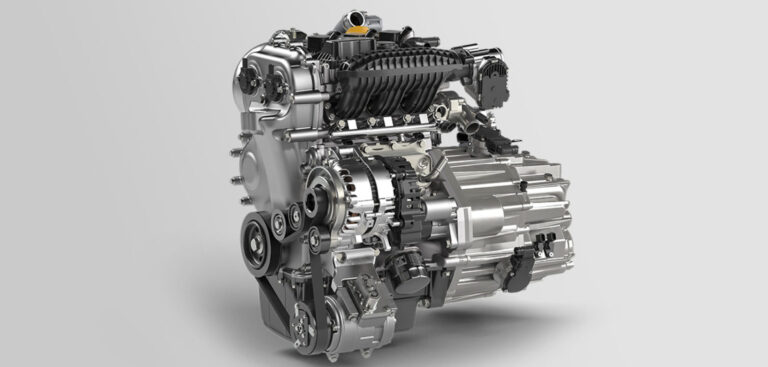Powertrain engineering specialist FEV says it is picking up the pace of development on hydrogen internal combustion engines (ICE). According to Professor Stefan Pischinger, president and CEO of FEV Group, “The hydrogen internal combustion engine is a robust, cost-efficient option for zero-CO2 transport. It can be implemented in the current production infrastructure relatively simply and offers potential for existing vehicles. Nevertheless, due to its specific chemical properties like wide flammability limits and short ignition delay, hydrogen creates some challenges for the development of internal combustion engines, which FEV is successfully tackling.”
To comply with existing safety requirements and due to the need for a reliable, constant fuel pressure upstream to the injector, hydrogen places unique demands on the design of fuel rails feeding the engine. “FEV has gained deep know-how in terms of the design of pressure-oscillation-free fuel rails utilizing our multi-cylinder research engine,” continued Pischinger. “This knowledge has already been successfully transferred to ongoing customer projects, regardless of the injection system – port fuel or direct hydrogen injection.”
Besides fuel supply challenges, the injection and fuel/air mixing process needs a deep understanding of the fluid dynamics and interactions. “It’s imperative to secure an optimal mixture homogeneity, which ultimately results in low NOX emission levels in combination with highest engine efficiency,” said Pischinger. “At FEV, we are using our well-proven 3D CFD (charge-motion design) process. To address the unique behavior of hydrogen during the injection and mixing process, a wide field of optical investigations in pressurized injection chambers were performed in collaboration with RWTH Aachen University. Thus, we gathered an unparalleled understanding of the injection and mixing process of hydrogen with other gases.”
Furthermore, hydrogen’s wide flammability limit and the low ignition energy needed are adding more complexity to the design of ignition systems. Suppressing any kind of unintended discharge is key. Additionally, high flame temperatures result in increased wear of electrodes and direct the attention to best-possible controllability of the ignition energy supplied. “That’s why we have opted to closely collaborate with major ignition system suppliers and spark plug manufacturers early in the process,” explained Pischinger. “We are driving the optimization of these key components’ behavior especially for hydrogen combustion engines through extensive engine test investigations and durability runs.”
The low density of hydrogen can also lead to the accumulation of hydrogen inside the engine crankcase, thus exceeding the lower explosive limit. In combination with the above-mentioned low ignition energy required, this effect could lead to severe engine damage. “Thanks to our broad research and testing capabilities, we managed to provide solutions to eliminate this risk, which apply to all engines we’ve ever delivered to customers,” claimed Pischinger.
To compensate for the lag in transient response present during constant air-fuel-ratio operations, smart engine control functions can be used to combine engine driveability with the lowest NOX emissions. To achieve this, FEV says it has utilized its rapid control prototype setup to make development software tailored for hydrogen ICEs as time-efficient as possible. The company also highlights that preignition is one of the major challenges limiting hydrogen internal combustion engines in achieving high, diesel-like brake mean effective pressure (BMEP) levels. Preignition can be caused, among other sources, by hot surface areas or uncontrolled introduction of lube oil into the combustion chamber.
“Utilizing our deep knowledge of highly boosted spark ignition engines on the one hand and profound experience with commercial natural gas engines on the other, we have successfully designed H2-engine tailored overall combustion chamber layouts and piston liner interfaces,” said Pischinger. “Add the right lube oil composition and what you get is a reliable, low-emission and efficient engine.”


